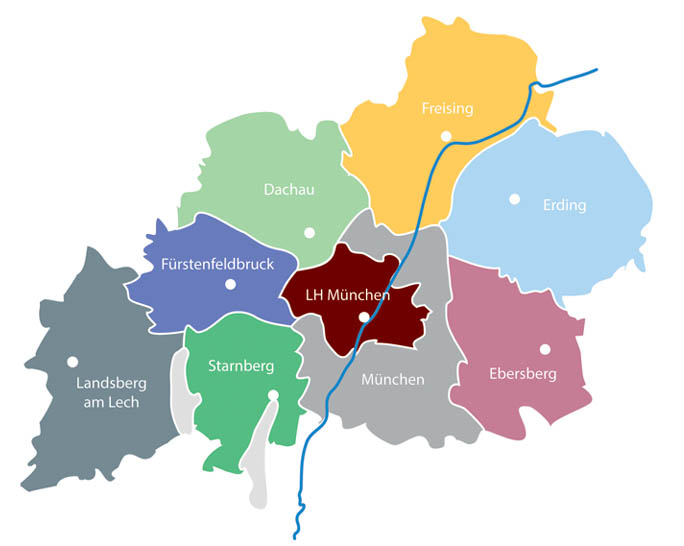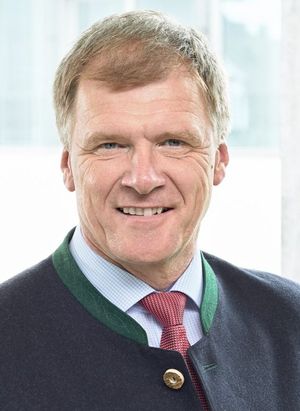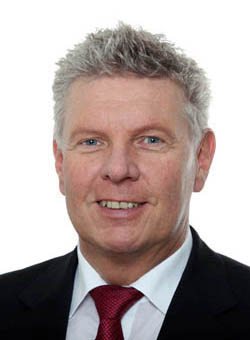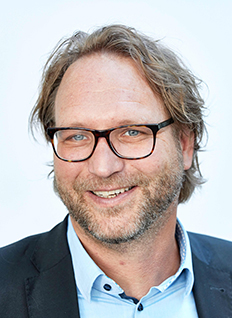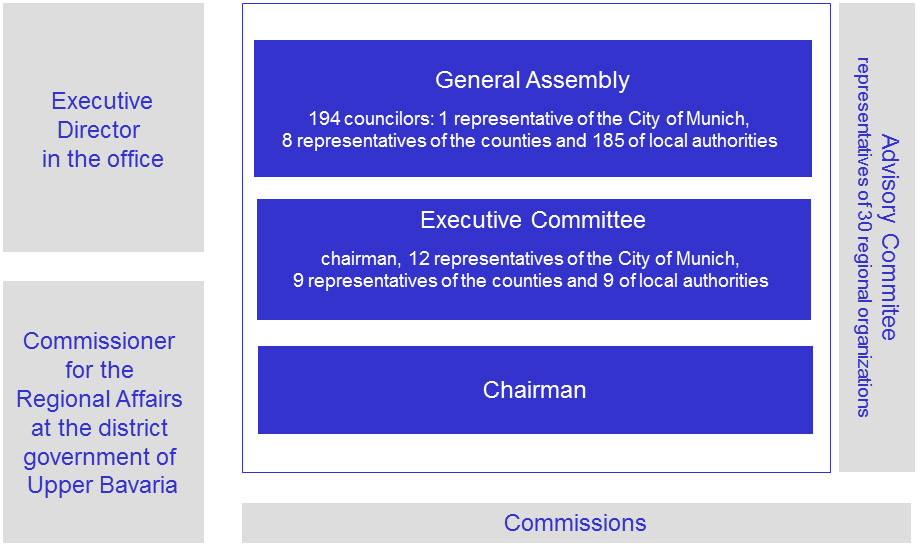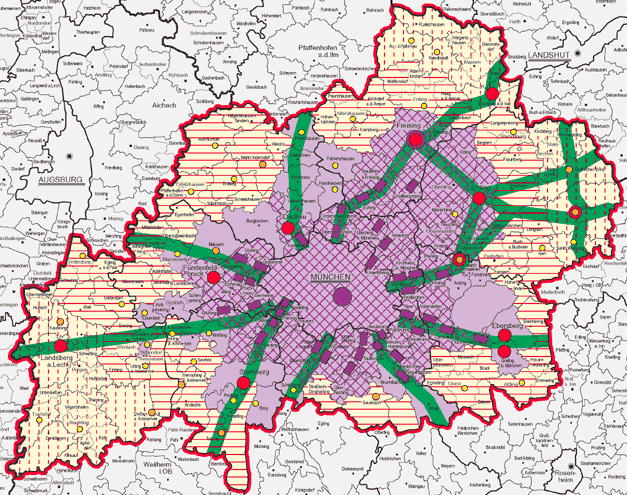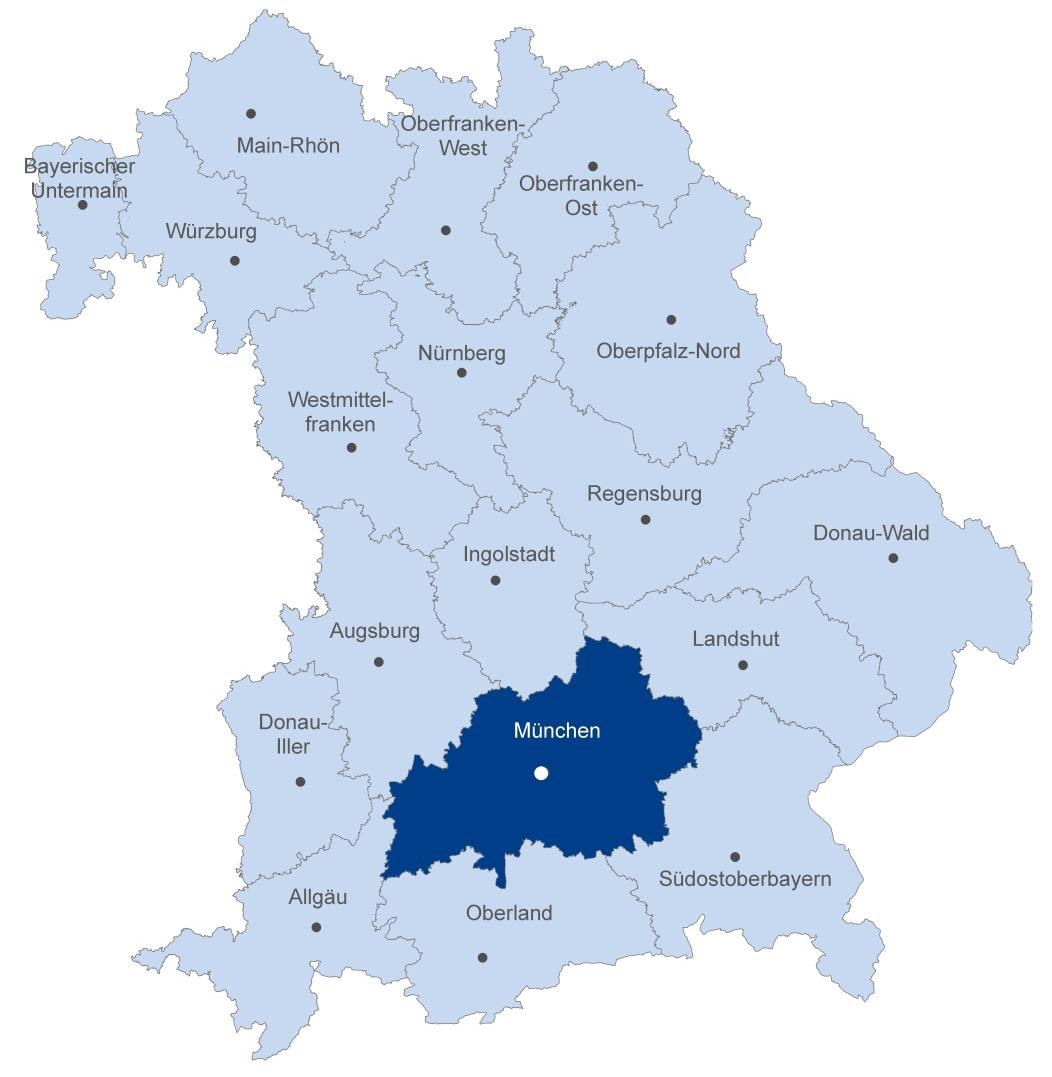Regional Planning Association Munich
2.93 Mio. inhabitants, 1.50 Mio. jobs and 1.47 Mio. apartments on an area of 5,504 km². These are the basic facts of the Munich Region in 2019. It constantly grows – according to forecasts in 2039 3.15 Mio. people will live here. To handle the growth and provide the high quality of life as well as the economic strength regional planning is imperative.
The Regional Planning Association Munich is statutory Regional Planning Association since 1973. It comprises all local authorities (186 municipalities and eight counties) within the region 14 (Munich) as provided by the Bavarian State Planning Act.
These are the City of Munich (state capital) and the eight surrounding counties (Dachau, Ebersberg, Erding, Freising, Fürstenfeldbruck, Landsberg am Lech, München and Starnberg) with their towns and municipalities.
The Regional Planning Association Munich is financed by the Free State of Bavaria.
